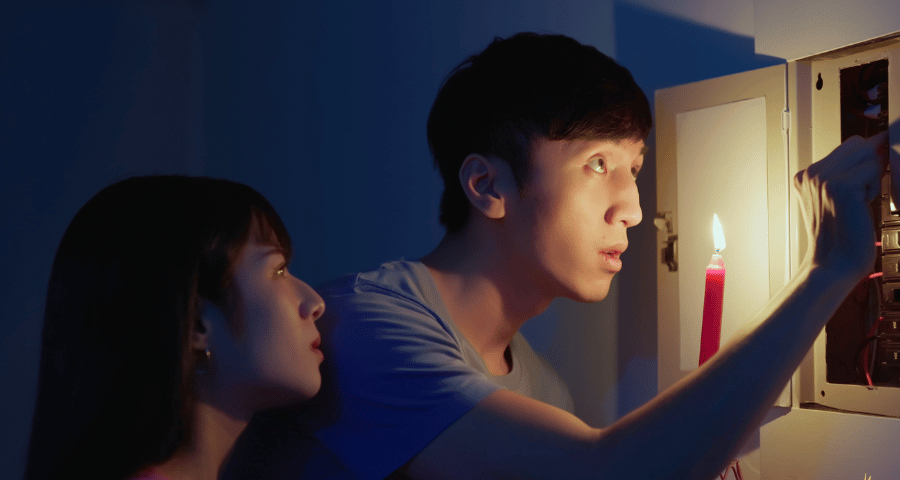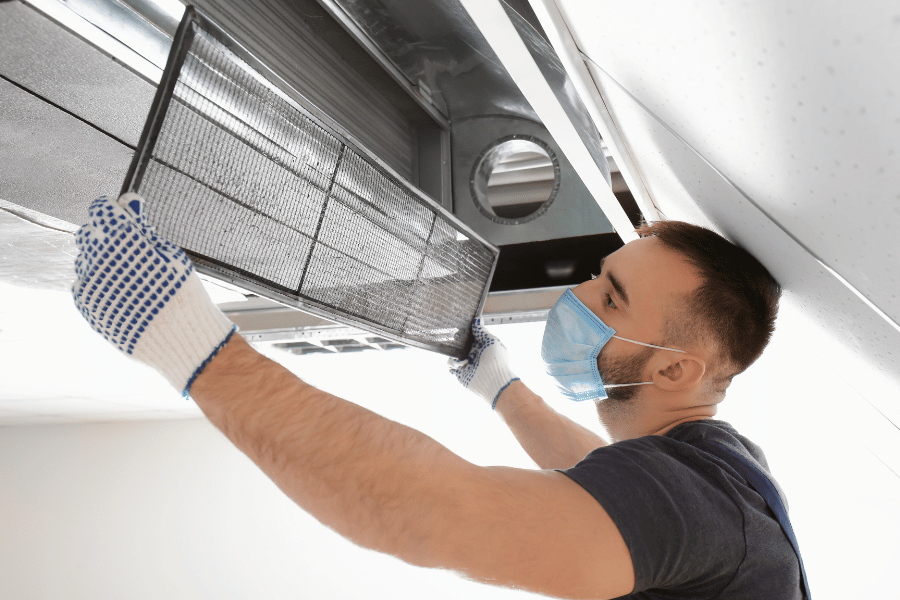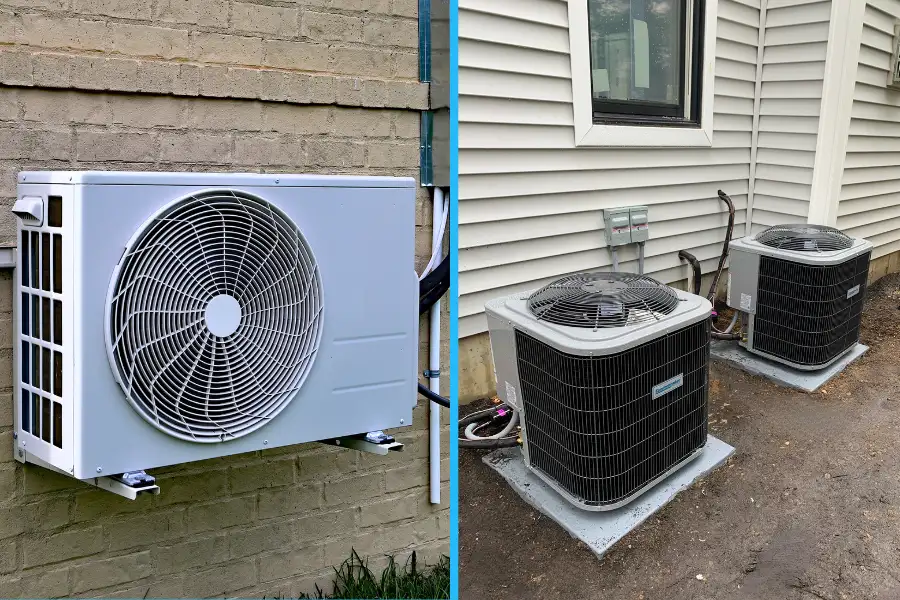
What to Do During a Power Outage in a Heatwave: HVAC Tips for Suffolk County Homeowners
A sudden power outage in the middle of a Suffolk County heatwave can make your home feel unbearable fast. Not only is it uncomfortable, but it can also be dangerous — especially for children, seniors, and those with health conditions.
Knowing what to do in the first few minutes of a power outage can help protect your HVAC system and keep your family safe. Here’s what our experts recommend if your cooling system shuts down during a blackout.
Turn Off Your HVAC System Immediately
As soon as the power goes out, turn off your air conditioner at the thermostat and breaker. This protects the unit from potential damage caused by a power surge when electricity is restored.
Keep Windows and Doors Closed
It might be tempting to open windows, but keeping them closed helps trap cooler indoor air for longer. Block direct sunlight with curtains or shades to prevent indoor temps from climbing too quickly.
Use Portable, Battery-Powered Fans
Battery-operated or rechargeable fans can provide temporary relief. Combine with damp washcloths on your neck or wrists for additional cooling.
Stay Hydrated and Seek Out Cooler Spaces
Drink plenty of water and avoid heat-producing activities. If you have a basement, it may be cooler than upper floors. Avoid using the oven or stove top.
Unplug Appliances to Prevent Power Surge Damage
When the power comes back on, a surge can damage electronics — including your HVAC system. Keep your system and large appliances unplugged until the power stabilizes.
Wait Before Restarting Your AC
Once power returns, wait at least 5–10 minutes before turning your AC back on. This allows time for electrical flow to normalize and protects your compressor.
Invest in a Whole-Home Surge Protector or Backup Generator
Surge protectors can save your HVAC equipment from serious damage. A backup generator can keep critical systems, including your AC, running when the power goes out.
Learn About Our Cooling Services
Contact Us for Emergency Support
Did You Know? Indoor temperatures can rise more than 10°F per hour during a summer outage in an uninsulated home.
FAQs
Q: Is it okay to run the AC immediately after a power outage?
A: No. Wait 5–10 minutes to avoid damage from unstable voltage.
Q: What should I do if my HVAC doesn’t turn back on?
A: Check the breaker and thermostat. If it still doesn’t start, call a technician.
Q: Will surge protectors stop all power damage?
A: They greatly reduce risk, but extreme surges can still cause problems. That’s why safe shutdown procedures matter.
Q: Can you install surge protection for HVAC systems?
A: Yes. We offer whole-home surge protection that shields major appliances including your AC.
When the heat and humidity rise in Suffolk County, many homeowners ask the same question: Should I leave my air conditioner running all day?
The answer depends on your cooling system, your home’s insulation, and how efficiently your HVAC is set up. In this post, we’ll break down the pros, cons, and smart strategies for using your AC during long summer days.
Pros of Running Your AC All Day
Consistent Comfort: Your home stays at a steady, comfortable temperature all day long, especially during heatwaves.
Humidity Control: Continuous operation helps maintain ideal humidity levels, which is especially important in Suffolk County’s muggy summers.
Avoiding the Rush: Some systems use less energy maintaining a steady temp than powering on and off multiple times.
Cons of Running Your AC All Day
Higher Energy Bills: If your system isn’t energy-efficient or your home isn’t well-sealed, running the AC nonstop can be costly.
System Strain: Constant operation can wear out your unit faster, especially if it’s not sized correctly or regularly maintained.
Cooling Unused Rooms: Without zoning or smart thermostats, you may be cooling empty spaces unnecessarily.
When It Makes Sense to Run AC Continuously
- You work from home or are home all day
- You have pets or family members sensitive to heat
- Your system is high-efficiency and properly maintained
- Your home has good insulation and sealed ductwork
When to Use a Timed or Automated Cooling Schedule
For many homeowners, the best approach is not all day, but rather strategic scheduling:
- Use a programmable or smart thermostat
- Raise the temp when you're not home
- Lower it before you return
- Use ceiling fans to help distribute cool air and feel cooler at a higher temp
Smart Thermostat Tips for Suffolk County Homes
- Set cooling to 78°F when home, 85°F when away
- Create a custom weekday/weekend schedule
- Use geo-fencing features to adjust temps based on your location
- Monitor energy use and savings through the app
Explore Smart Thermostat Options
Learn About Cooling System Upgrades
Did You Know? Setting your thermostat too low (like 68°F in summer) doesn’t cool your home faster — it just increases strain on the system.
FAQs
Q: Is it bad for the AC to run all day?
A: Not necessarily. If your system is sized correctly and maintained, it can handle extended use.
Q: Will a smart thermostat help reduce energy use?
A: Yes. It automates temp changes, helping you save without sacrificing comfort.
Q: What temperature is best to keep energy costs low?
A: 76°F to 78°F when home is a good balance of comfort and savings.
Q: Can running my AC too much cause damage?
A: Over time, yes — especially if your filters are dirty or you skip maintenance.
AC not working after a blackout?
Power surges and outages can damage your HVAC system. If your cooling won’t turn back on, visit our Emergency HVAC Services in Suffolk County page for 24/7 repair and expert diagnostics.




